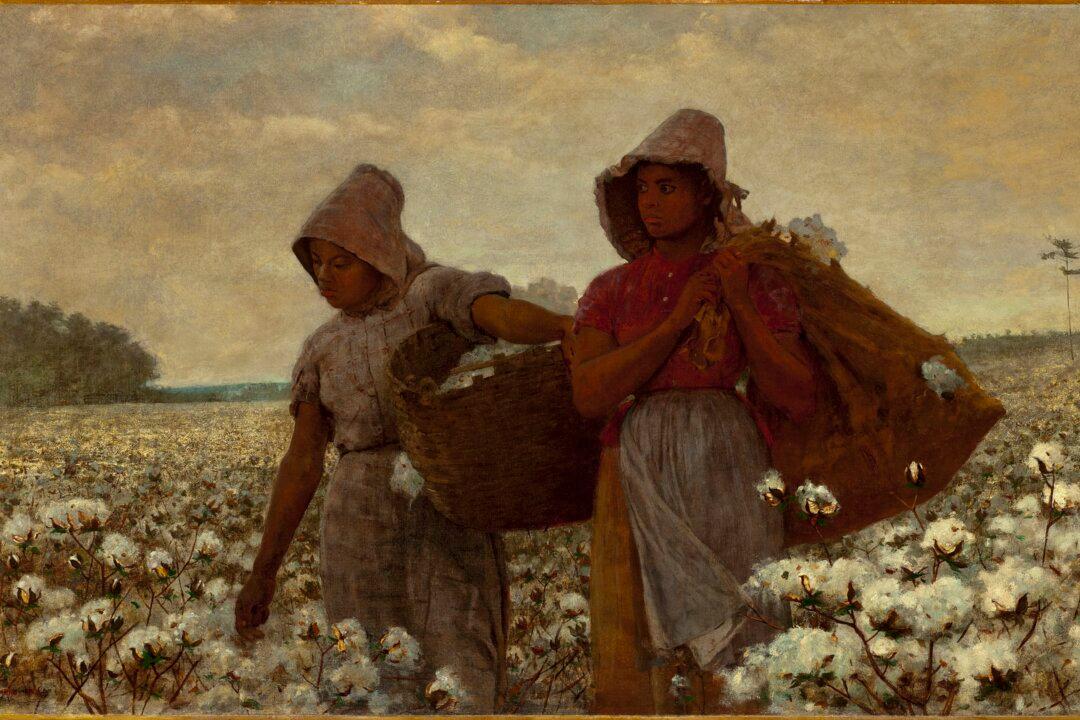In August 1619, a privateer docked at Point Comfort near Jamestown, Virginia. In exchange for food and supplies, the privateer left behind “20 and odd” of the slaves it had seized from a Portuguese vessel.
And so, 400 years ago, began a blot on American ideals that would in time develop into the ugliest of stains.






